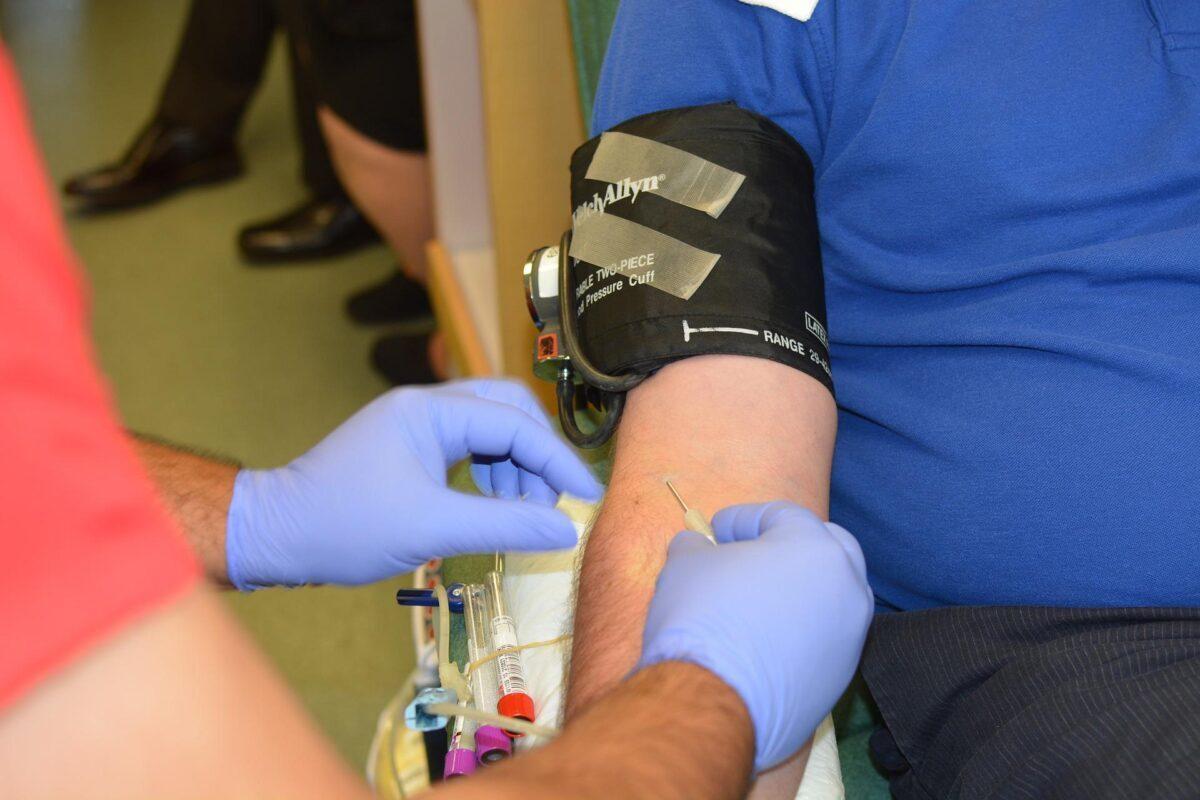There are many medical careers that you can pursue without having to finish college. In fact, many of these careers only require a high school diploma or equivalent. This means that you can start working in the medical field sooner, and continue your education later if you choose to do so. In this blog post, we will discuss some of the medical careers that you can pursue without finishing college. Keep reading to learn more!
Dental Assistant
A dental assistant is a person who helps a dentist with patient care and office duties. Dental assistants do not need to have a college degree, but they must complete an accredited dental assisting program. Many community colleges offer these programs, and they typically last one year. Once you have completed a dental assistant program, you will need to pass a state examination in order to become licensed. The question that arises regarding this role is “what is an expanded functions dental assistant?” and “what does this entail?”. An expanded functions dental assistant (EFDA) is a person who has completed additional training and education beyond what is required for a traditional dental assistant.
EFDAs are able to perform certain tasks that dental assistants are not, such as placing fillings and taking X-rays. In order to become an EFDA, you will need to complete an accredited EFDA program. These programs typically last one year, and you will also need to pass a state examination.
Medical Assistant
A medical assistant is a person who helps doctors and other medical professionals with patient care and office duties. Medical assistants do not need to have a college degree, but they must complete an accredited medical assisting program. Many community colleges offer these programs, and they typically last one year. Once you have completed a medical assistant program, you will need to pass a state examination in order to become licensed.
Phlebotomist
A phlebotomist is a person who draws blood from patients for medical purposes. Phlebotomists do not need to have a college degree, but they must complete an accredited phlebotomy program. These programs are available at many community colleges and usually run for one year. To become licensed, you must first complete a phlebotomy program and then pass a state examination.
EKG Technician
Electrocardiograms (EKGs) are tests that monitor the electrical activity of the heart and are performed by EKG technicians. Although EKG technicians do not require a college diploma, they must complete an established EKG technician school. These programs usually last a year and are offered in community colleges. You must first complete an EKG technician program and then pass a state examination to get licensed.
Medical Biller and Coder
Medical billers and coders are in charge of coding the procedures that doctors and other medical professionals do. The information is then used to generate bills that are issued to patients or their insurance companies. Medical billers and coders are not required to have a college diploma, but they must complete an accredited program. Many community colleges offer these programs, which last one year on average. To get licensed, you must first complete a medical billing and coding curriculum and then pass a state examination.
Surgical Technologist
A surgical technologist is a person who works closely with surgeons to ensure that surgery goes smoothly. Surgical technologists do not need to have a college degree, but they must complete an accredited surgical technology program. Many community colleges offer these programs, which normally last a year. To become licensed, you must pass a state examination after finishing a surgical technology program.
Respiratory Therapist
A respiratory therapist is a professional who assists patients who have difficulty breathing. A college diploma is not required for respiratory therapists, but they must complete an accredited respiratory therapy school. Many community colleges offer these programs, which typically take two years to complete. To get licensed, you must pass a state examination after finishing a respiratory therapy program.
Assisted Living Administrator
An assisted living administrator is a professional who manages an assisted living facility. Assisted living administrators do not need to have a college degree, but they must complete an accredited program. You can apply for these programs at many community colleges. The program will last one year on average, and you must pass a state examination to get licensed.
These are just some of the many medical careers that you can pursue without having to finish college. With so many options available, there is sure to be a career that is perfect for you! Be sure to do your research and find a career that you are passionate about. Once you have found the right career, you will be on your way to a successful and fulfilling future.
